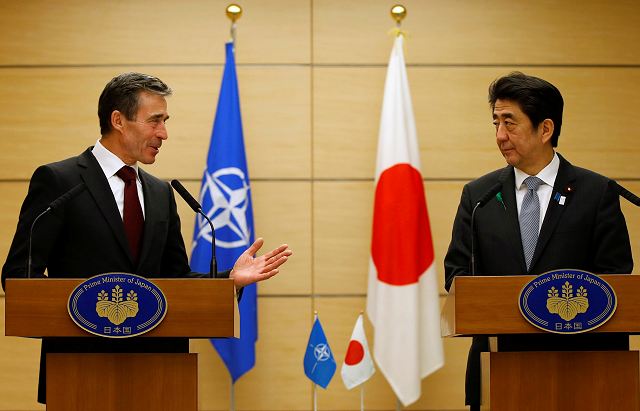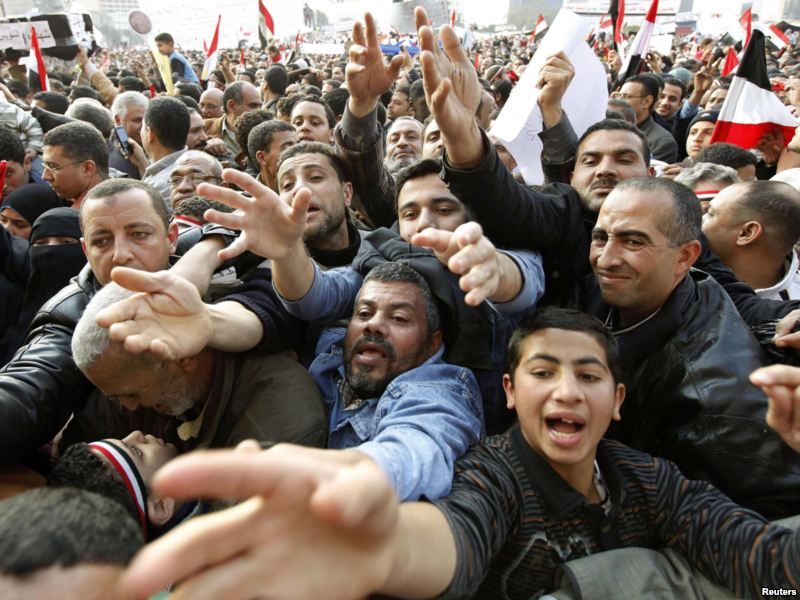As of July 21st, the Liberal Democratic Party of Japan has regained control of the Upper House of the Japanese Diet and its leader, Prime Minister Shinzō Abe, now has a real chance of instituting his reform agenda. But the road ahead is fraught with danger. Japan’s place in the global economy, not to mention in helping maintain global stability, is dramatically important. Mr Abe’s influence on Japan currently makes both of these things unsure. His flirtation with historical revisionism and his fondness for dramatics with China have made his neighbours nervous and increased regional tensions notably. NATO, which benefits much from Japan’s normally stabilizing influence in East Asia needs him to ease these tensions and chart a more stable long-term course for his country. He needs to embrace his reform agenda for Japan’s economy fully and forget his misguided attempts to rehabilitate Japan’s war record.
This summer’s election is not Mr Abe’s first round in the ring. Elected in 2006 as the youngest Prime Minister since Fumimaro Konoe (1941), the first term of this young, sometimes tempestuous man was marked with misfortune and eventually disgrace. Resigning in 2007 due to souring national opinion and failing health, few expected him to return. But the failure of the Democratic Party of Japan (DPJ) and its string of unsuccessful Prime Ministers from 2007 to 2012 left a political opening for his return. Still reeling from two ‘lost decades,” the lack of progress made by the DPJ to right the depressed Japanese economy still suffering after a collapsed asset bubble in the 1990s, was the right opening for the Liberal Democratic Party (LDP) and its leaders new philosophy of the ‘Three Arrows.’
The plans of Shinzō Abe and the Liberal Democratic Party of Japan represent one of the most dramatic departures from recent policy provisions for the country. Their Keynesian economic philosophy, and also their military emphasises are new facets in a Japanese political culture that appeared stuck for quite some time. Mr Abe is a noted sympathiser of members of the Japanese military interred in the Yasukuni Shrine, which includes men who were branded as war criminals by the International Military Tribunal for the Far East (IMTFE) after the Second World War. Because of this and a more generally revisionist approach to Japanese history, he has repeatedly created concerns and irritation amongst members of the international community. More pressing than his historical views has been Mr Abe’s approach to the Japanese military, constrained to self-defence as per the Constitution of 1947. He wants to revisit these constraints and give it the ability to strike offensively in order to defend the nation – this applies particularly to North Korea, but also more subtly to China. Given the LDP’s bullish stance on Japanese sovereignty in the Yellow Sea, where it continues to struggle with China over the Diaoyu, or Senkakus Islands as they are known in Japan, his desire to advance Japan’s already formidable military strength is important.
[captionpix align=”left” theme=”elegant” width=”325″ imgsrc=”http://natoassociation.ca/wp-content/uploads/2013/11/JAPAN-MILITARY.jpg” captiontext=” Mr. Abe’s desire is to advance Japan’s already formidable military strength.”]
Though not noted for using its technologically advanced military in offensive operations, Tokyo has become a vital part of the global security infrastructure and a noted partner of NATO Present as a funding-partner of NATO operations in Afghanistan, minesweeping after the First Gulf War, and more generally as a security-partner of the United States in the Eastern Pacific, the Japanese are already heavily involved in overseas operations, but are limited by their constitution and by a pacifist military culture. Mr. Abe wants to channel all of this.
What Prime Minister Abe is proposing, particularly with regards to his ‘Abenomics’ philosophy, could benefit NATO dramatically. An economically revived Japan would have the strength to support NATO initiatives in Asia and elsewhere; it could also assist independently in stabilising areas of growing regional confrontation, such as the Straits of Malacca and the South China Sea, particularly if it was able to engage in pre-emptive actions. A more vibrantly active Japan has this potential, but these possibilities are only that; this future is by no means a necessary outcome. If the Liberal Democratic Party continues to cling to its historical conservatism and its desire to see a more conservative vision of the constitution of Japan entrenched, then it may well flounder domestically, not to mention further aggravate its neighbours.
In order to achieve the revitalised, confident Japan that he desires, Shinzo Abe must take an iconoclastic course – no easy feat in a notoriously traditional country – that will bring his nation further in line with the global community. Firstly, he should abandon his historical revisionism. Japan lost the Second World War and while it need not celebrate the West as paragons of decency during the war, it must recognise that its imperial ambitions in Asia were wrong. As the centre of a peacefully integrated Europe, Germany has gained more from its European allies than it ever could have gotten from subjugating them – Japan should learn from this. Secondly, Mr Abe should consider his attempts to rebuild Japan’s economic strength carefully. He has noted a preference for Keynesian economic policies to expand the Japanese economy,but he should be careful at the cost of this. The asset bubble that created the two ‘lost decades’ can be rebuilt – investing in a military-industrial complex, rather than ecologically and socially responsible future, is not the answer. Finally, Mr Abe should continue his efforts at integrating Japan into larger structures of global economic and security systems, including the Trans-Pacific Partnership. The more Japan shares and talks with its neighbours, and the international community at large, the better off Asia – and the world – will be.




